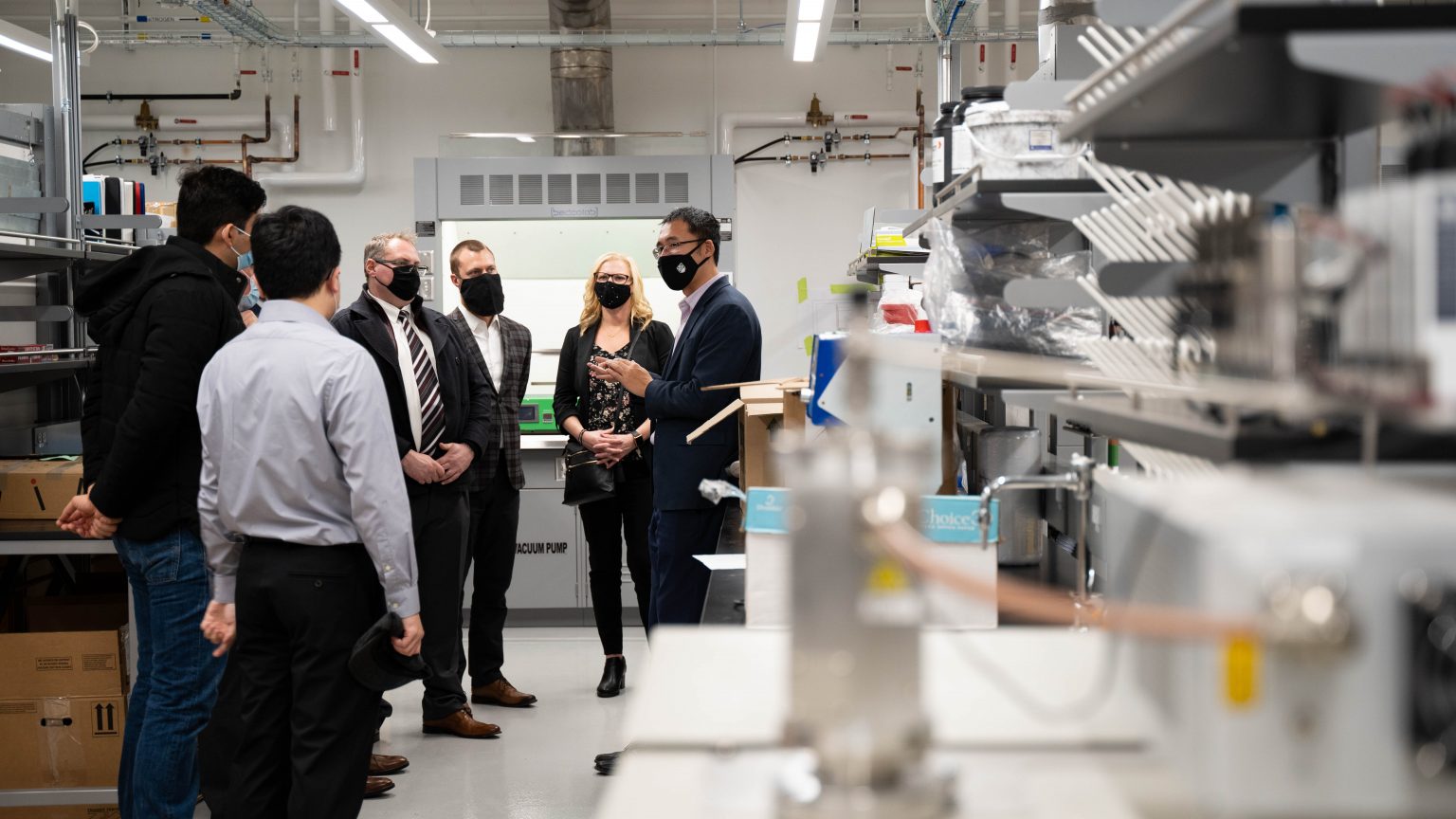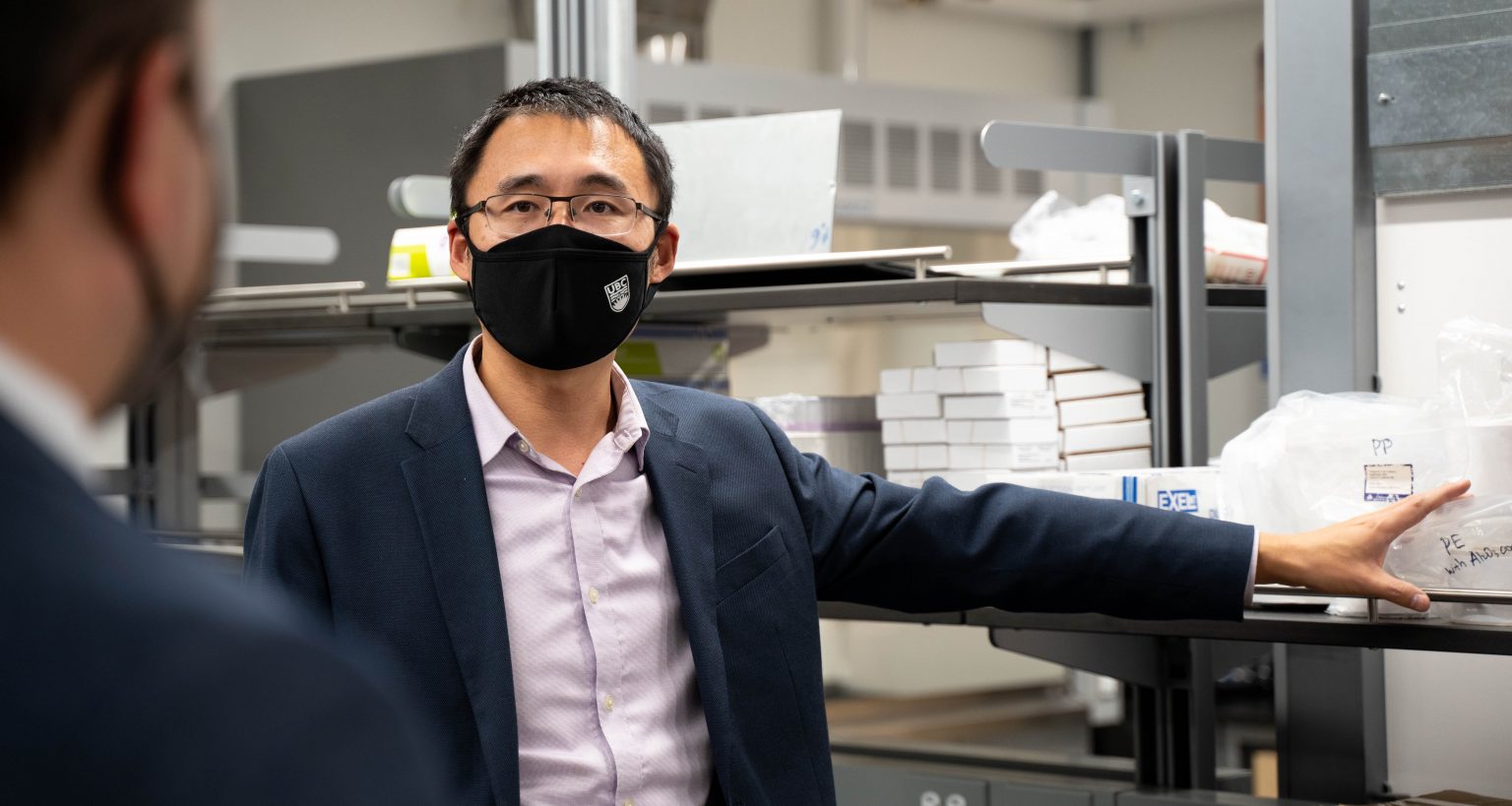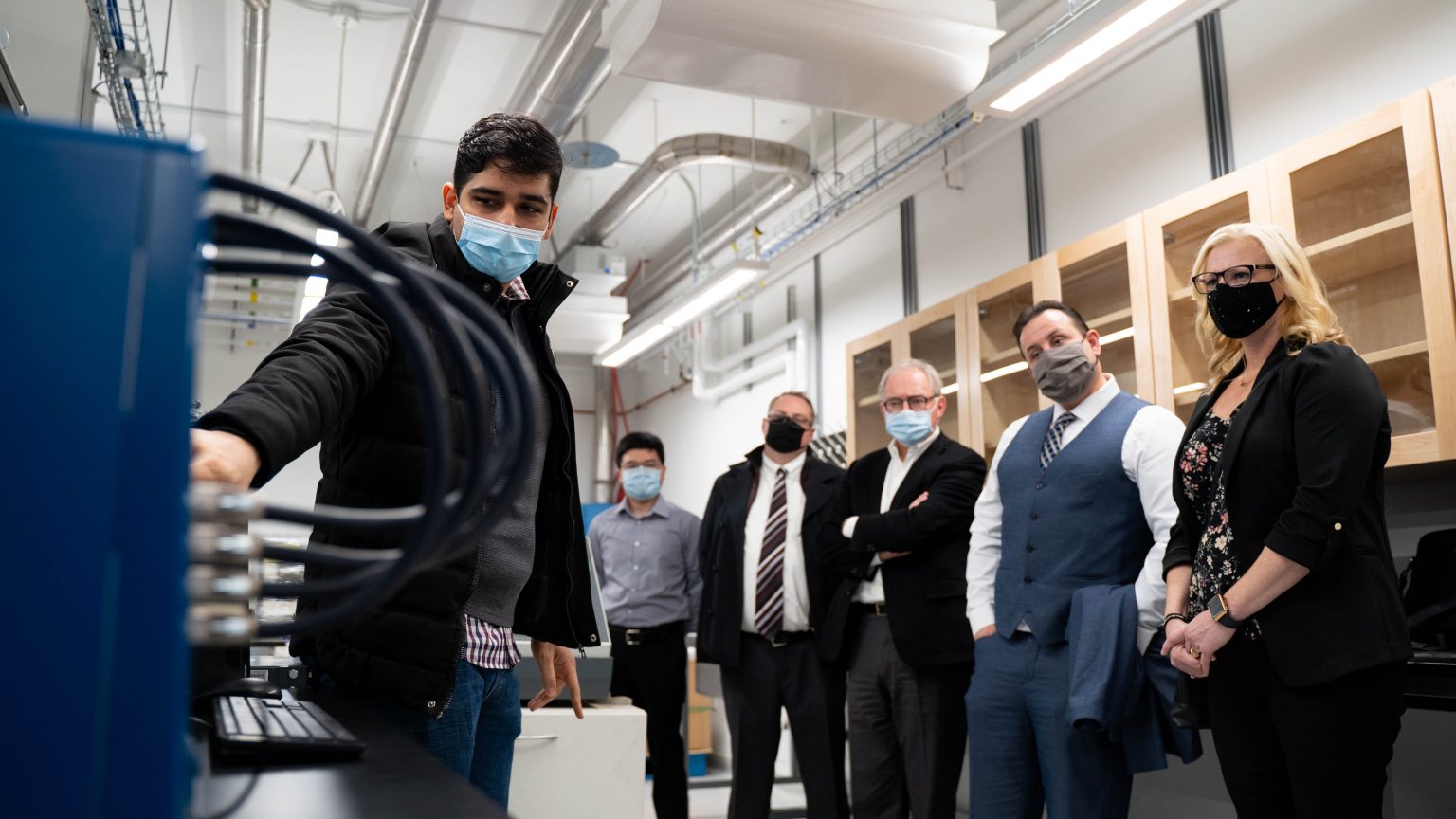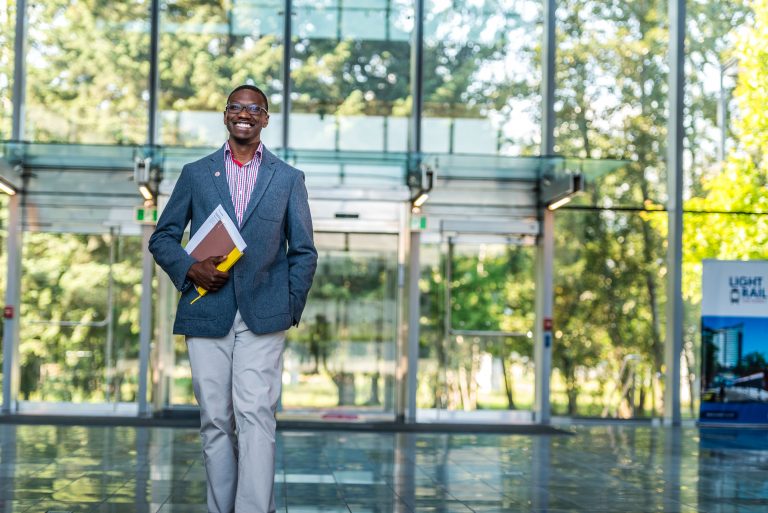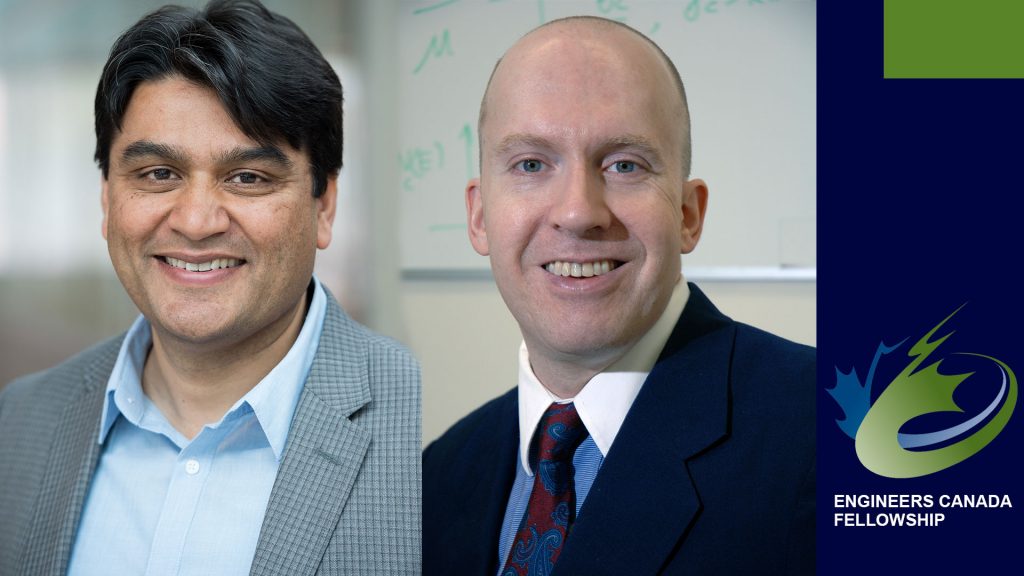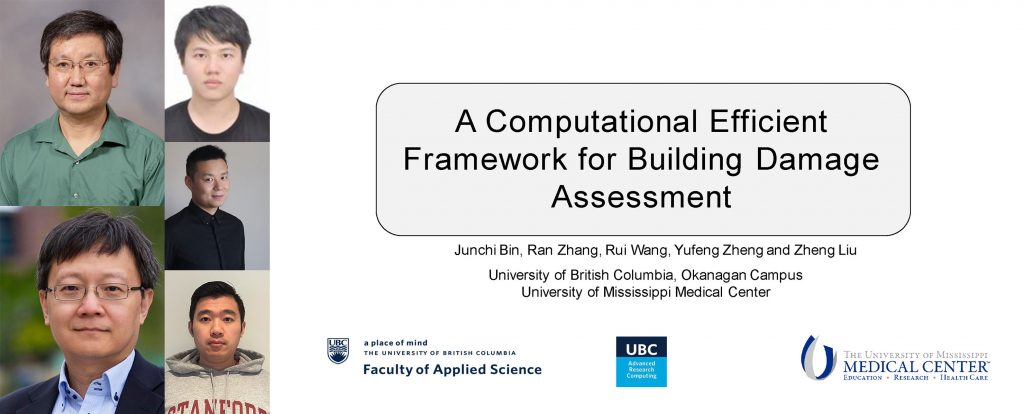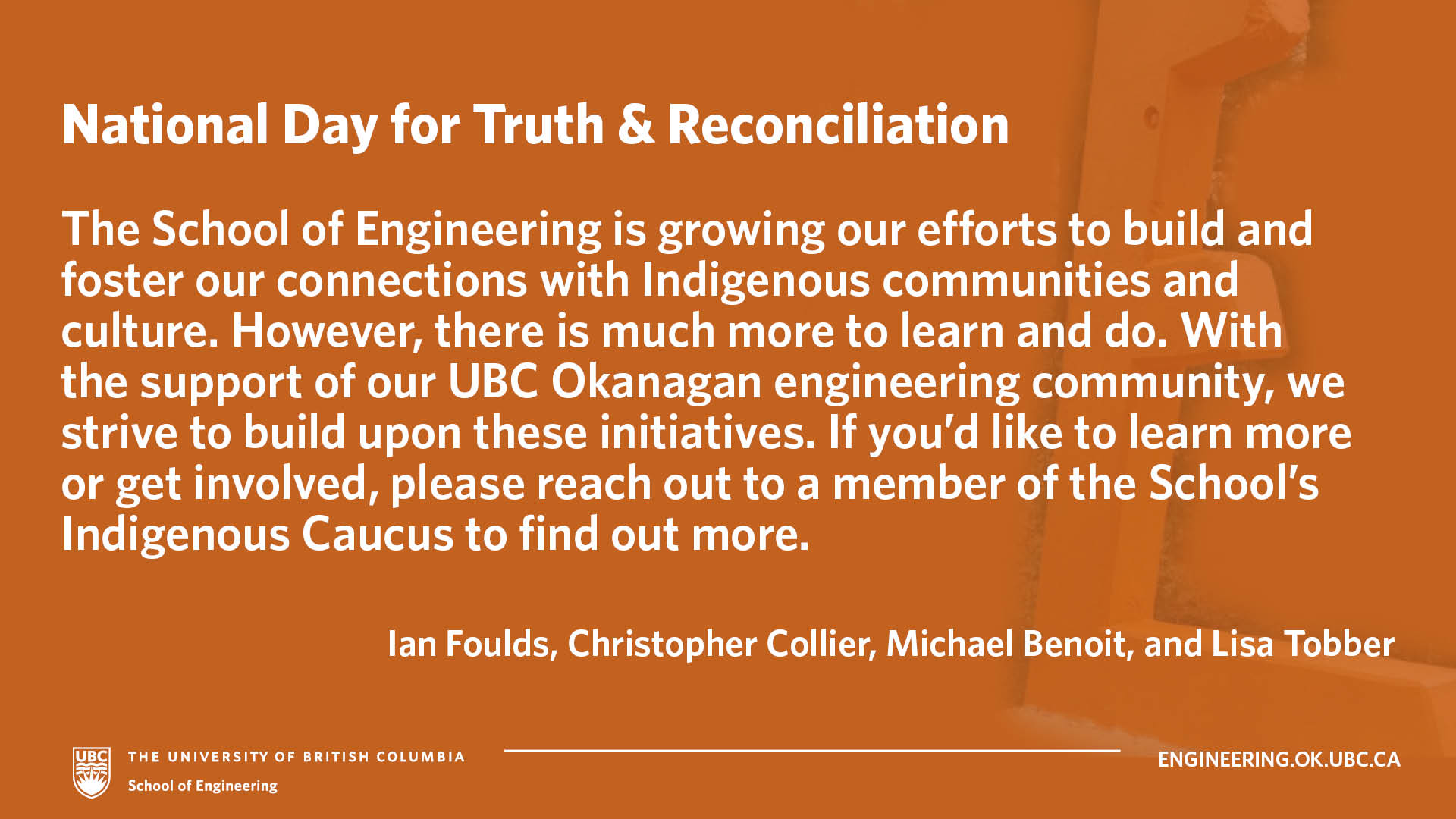Kailey Beckie is a Schulich Scholar and in her second-year of the Mechanical Engineering program at the School of Engineering on UBC’s Okanagan campus.

What drew you to Mechanical Engineering?
I chose to major in Mechanical Engineering because I view it as being the most broad, and because there is an opportunity to work in a biomedical field with this degree without the education specialization.
What’s it been like attending classes in-person this year? Since you were living on campus last year, was the transition big or small?
My first introduction to university last year was completely online and I developed a routine specific to online learning. The biggest adjustment from last year to now has been re-learning how to learn at a university level. I underwent this adjustment once before from high school to online university, and feel like I’ve just figured out how to move from online to in-person within the last two weeks.
When classes were completely online and campus was fairly empty there were very few distractions and interruptions throughout the day. I could set up in front of my laptop and work in my dorm room. When I started to lose focus, it was easy to find a quiet secluded spot on campus to work. I had to adjust this year to packing up, going to class, finding a place to study for an hour, packing up and going to another class, walking home and setting up again. I was used to changing tabs and opening zoom to go to my next class, and found it hard initially not to lose my train of thought when my new days were sectioned and interrupted in such a different way. It’s changed how, when, and where I study.
Living in residence last year helped me transition from online to in-person learning by giving me an amazing friend group. My friends are my support and stress relief, and I am extremely grateful for finding such a great group of people. Because there were fewer people on campus last year, I ran into the same people all the time and got to know them on a deeper level faster than I think I could this year. They made it easy to find roommates, focus on school, unwind, and explore Kelowna.
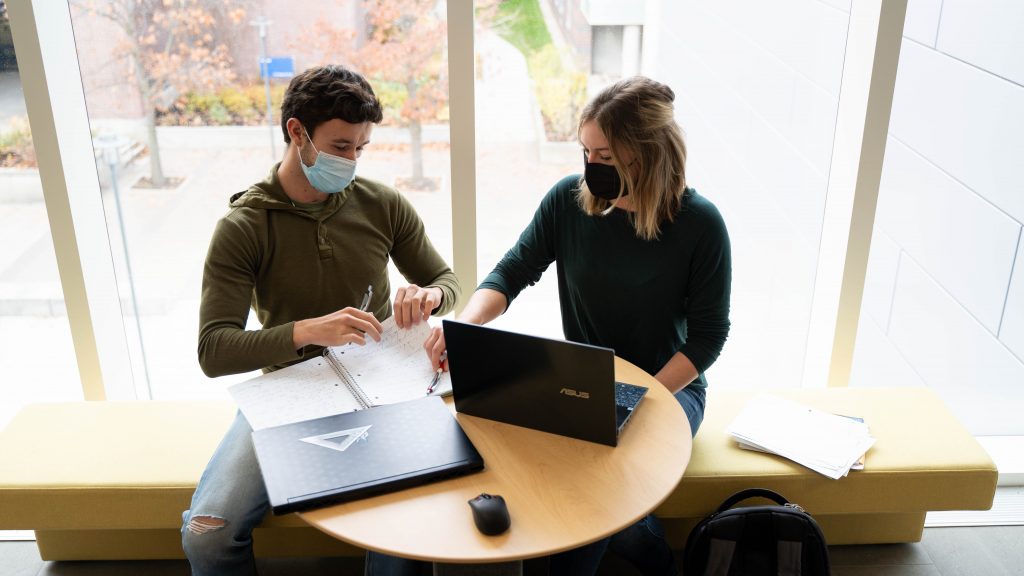
You have been very active since you arrived at UBC Okanagan, describe what drives you to undertake these challenges?
I know that the opportunities I’m being given right now by UBC Okanagan won’t always be there. I wholeheartedly believe that I can do and try things in university that would be a lot harder to pursue later on in life. I want to take advantage of these opportunities because the more exposure I have, the more hirable, understanding, and informed I believe I can be. Now is the ideal time to be diverse in the interests I pursue. I want to specialize my career into a field later in life but in order to discover what I’m passionate about and to stay informed and open to a wide variety of things I’m enjoying branching out.
In addition, I have the chance now through UBC Okanagan to give back to my community and pay forward the opportunities and experiences I was fortunate enough to have in high school and university. Outreach opportunities like the UBCO ‘Your Degree’ event and platforms like the Engineering Society allow me to advertise and speak about opportunities students can get involved in and steps they can take to set themselves up for success. The reason I heard about internships, research opportunities, co-ops and other programs was through this type of advocacy, and these opportunities continue to set me up for success. I’m driven to participate because I want to pay it forward.
Last year, you were awarded a CEMF Ambassador Award – what did receiving the award mean to you? Have you had a chance to receive mentorship through the program yet?
Being selected as a student Ambassador for the profession of engineering and being able to act as a role model for other young women pursuing STEM was extremely exciting and important to me. I’m honoured to be affiliated with an organization that supports students so actively.
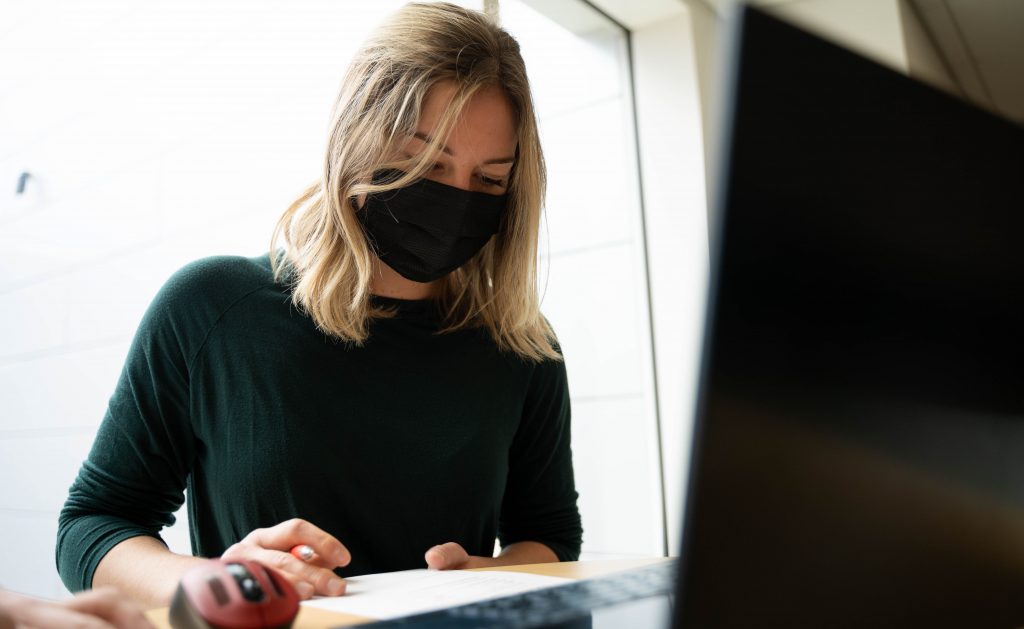
As you may know SOE and EngSoc will be unveiling a 14 Not Forgotten Memorial Art Installation outside the EME, from your perspective, why is the monument and the annual ceremony important?
I think it’s an extremely important installation not only to honour those who lost their lives but also to remind us of the importance of educating against prejudice. As a female in STEM, hearing about this event made me appreciate the efforts and initiatives that exist to promote women in engineering. I realized that I take for granted how far we’ve come, for me to be in the position I am in now, and that not all women are free from gender barriers in this field.
What other new and exciting things are you up to?
I was invited this past year to help establish an ISA student section at UBC Okanagan. The section just got approval so a lot of things are currently in the process of being finalized, but it sounds like it’s going to be a great resource for students looking to connect with industry.
In addition to this, the Makerspace at UBCO is running at a higher capacity than last year and is accepting drop-in’s, so I’ve been taking advantage of the technology and staff. I think it’s an important prototyping skill, so I took on a project to 3D print a working model of a manual transmission, and have been learning a lot about 3D printing and slicing software from staff.
The 2021 UBCO Mentorship program just started this past week as well, so I’m excited to make a connection in a field of interest and hear about engineering in real life. I think it’s going to be a great opportunity to learn.
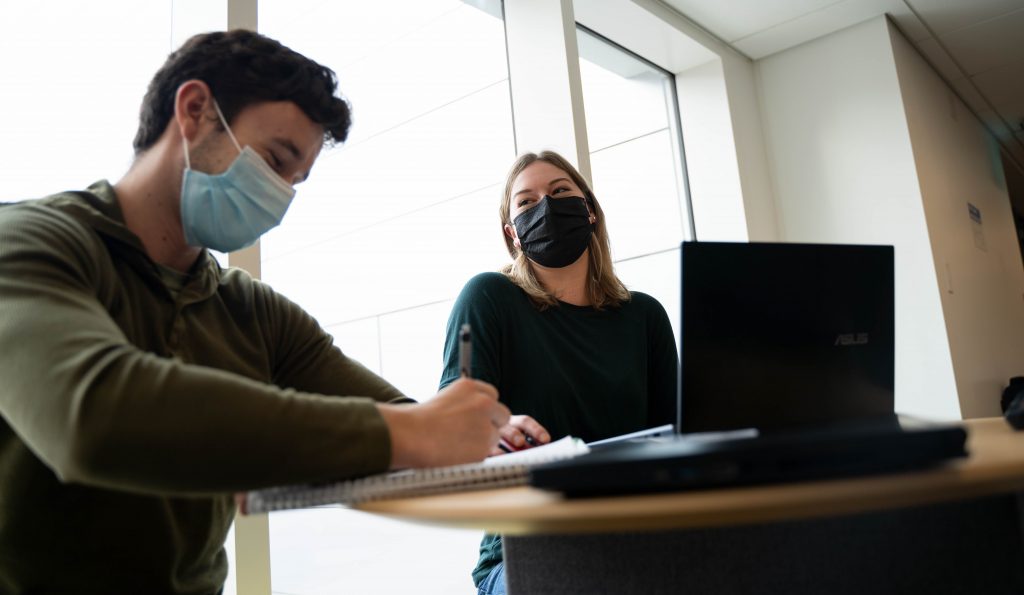
Some students describe having big scholarships as a burden, extra pressure to achieve, what’s your take on that?
I can understand how having a scholarship, especially one dependent on keeping a certain grade average, can introduce pressure when it comes to studies. My take on that pressure is that it can be shaped into motivation. I know that there have been times I’ve been burnt out, and the last thing I want to do is study, and the Schulich has been a very concrete reminder that I want to be the best version of myself I can possibly be. As long as I know that I’ve done everything in my power to achieve my goal and keep my scholarship then the outcome is actually less important than my effort. If I get a bad grade on an exam, but I know I studied as hard as I possibly could and I got up and hit the books when all I wanted to do is sleep in, then I’m ok with a bad grade. To be the best version of myself I need to keep my promises to myself long after the good mood and motivation I felt when making that promise is gone. To me, that solidifies the type of person I want to be moving forward, and will teach me skills and habits I want to carry through the rest of my life. In this way, having a big scholarship is a burden, but in a way that can help shape my character for the better.

